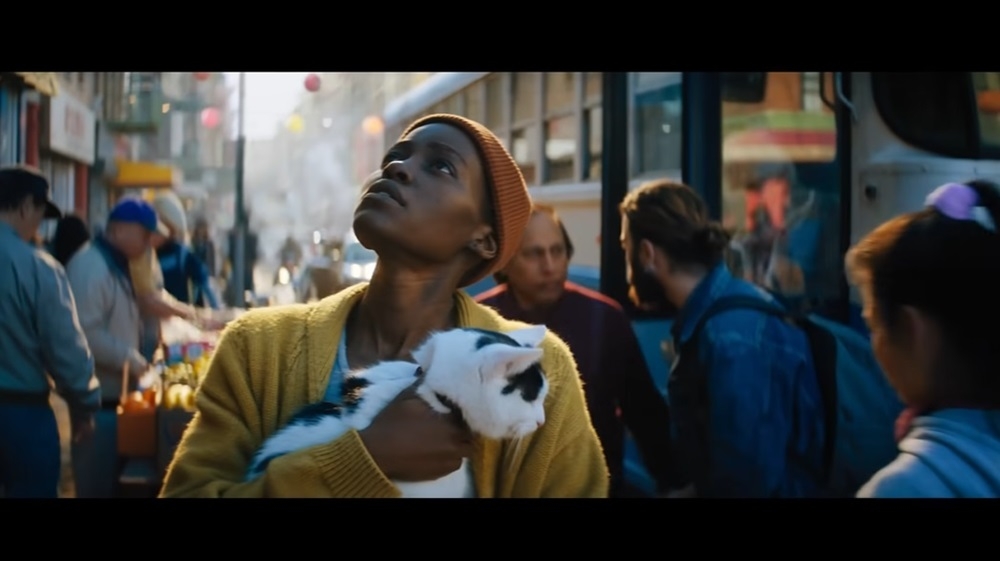JULY 6 — Each and every one of us have very different reasons and expectations when walking into the darkened halls of our local cinemas to watch a movie.
So, it further helps the cause to also remind ourselves that every filmmaker out there has their own different reasons and expectations when making their films.
That, however, might not be exactly true when it comes to the reasons and expectations behind franchise films, which can take the form of a lot of things these days — sequels, prequels, reboots, spinoffs and even cinematic universes — as long as there’s something that can be tied to the franchise’s recognisable “brand” to keep that thing called “brand recognition” going and to keep on churning out as many films as possible in said franchise, because they are, more often than not, sure-fire money makers.
Hence, when it comes to franchise films, I think it’s safe to say that the reasons and expectations that most of us have when walking into the cinema to see them is, more of the same please.
Plus, surely it’s not much of a stretch to say that a lot of us will probably be quite disappointed if a franchise film chooses to traverse a slightly different path when compared to the franchise’s well-loved DNA.

After the slight fatigue that’s clearly started to creep in with the more-of-the-same approach of A Quiet Place Part II, I was definitely not expecting anything too different with the franchise’s latest film A Quiet Place: Day One, especially since it’s a spinoff cum prequel that chronicles the first day of the alien invasion that kicked off the end of human civilisation in the first film, but this time in New York City.
The film focuses on Sam (expertly played by the always excellent Lupita Nyong’o), a terminally ill cancer patient living in a hospice and who, as we can observe from the film’s first few minutes, has fully accepted her fate and is only trying to enjoy what little pleasures life can still offer.
On this fateful day, it’s a trip to NYC to catch a show with her fellow hospice patients, with the promise of her finally getting a proper slice of pizza from a place in the city, instead of the ones they’re served in the hospital.
An eloquent shot of the NYC skyline with a cemetery in the foreground immediately sticks to mind as director Michael Sarnoski (who last did the morbidly excellent Pig, starring Nicolas Cage) makes use of our prior franchise knowledge of what’s about to happen with the impending alien invasion to sprinkle bits of visual and emotional poetry when setting up the story, which not only foreshadows the mayhem that’s about to come, but also the film’s totally unexpected modus operandi of finding bleak poetry amongst all this mayhem.
When the alien attack finally unfolds and the audience is treated to the more-of-the-same bits, especially the franchise’s trademark nail-biting sequences of people trying not to make a sound in the face of mounting terror, Sarnoski never lets us forget that, despite all this, Sam, who is very clearly already prepared to die, is a character who’s dead set on enjoying whatever last piece of pizza is still left at her favourite pizza place in Harlem.
Braving anything and everything that comes her way as she embarks on this mission, even with her cat Frodo (who totally steals the movie, by the way) in tow, the movie makes us the audience ask ourselves all sorts of questions about what really matters in the face of an impending apocalypse, and what may have seemed like a selfish quest gets turned on its head the moment another character, a business-suited British chap named Eric (played by Joseph Quinn, that Metallica shredding dude from Stranger Things), enters the picture.
The poetry of answering the question of how hard do you fight to live when you’re already dying now gets mixed up with another tough question, how do you make up for it when you’ve been spending too much time on this planet focusing on your ambitions instead of connecting with other human beings?
The clash of these two questions is the heart and soul of this film, which makes it a radical rarity in the world of franchise filmmaking as blockbuster studio films are not supposed to be this bleak.
The fact that Sarnoski manages to wring out all sorts of visual, aural and emotional poetry out of this clash, like when Sam stops by an abandoned book store to take a sniff of the pages of a book (which is fittingly Dawn, by Octavia Butler), or the film’s beautifully bleak action climax and closing scene, really makes this one a very different proposition compared to the first two films in the franchise.
Whether it’s a good proposition or not will depend on what your expectations are from this franchise. For me, I found it rather bold and refreshing, which is definitely a good thing.






















